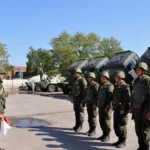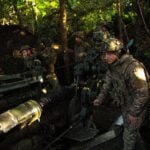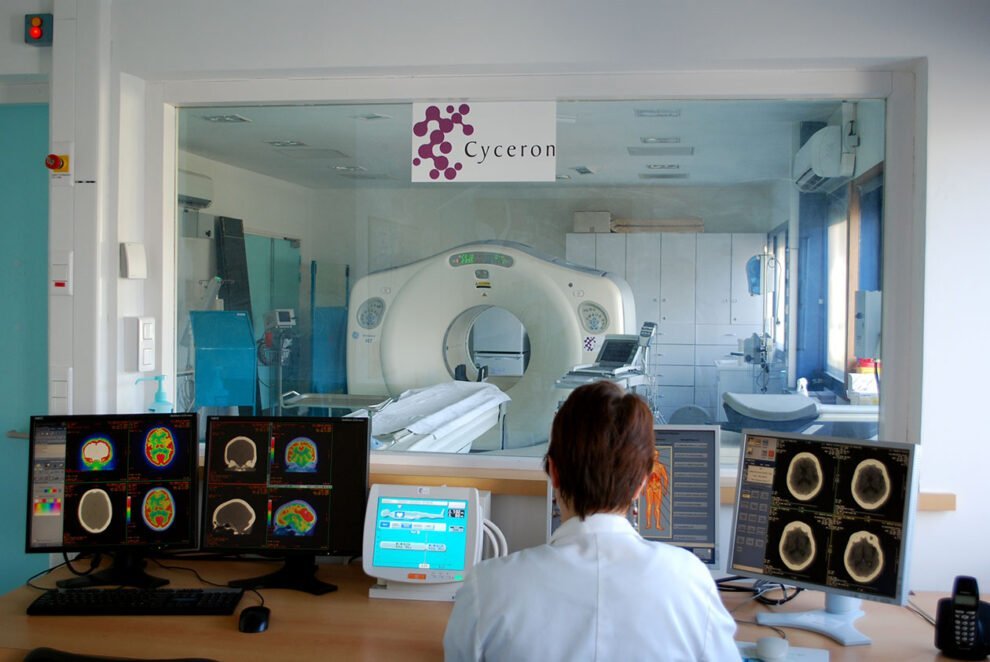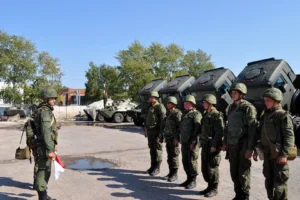A new study potentially opens doors to new treatments for post-traumatic stress disorder, or PTSD.
Researchers found that the brain responds differently to sad memories vs. traumatic memories.
A memory is remote in time and space, and a memory is activated in a part of the brain called the hippocampus.
Researchers found traumatic memories, however, triggered reactions in another part of the brain that’s not a memory region, called the posterior cingulate cortex.
PTSD can feel more like an experience than a memory, said Daniela Schiller, a professor of psychiatry and neuroscience at the Icahn School of Medicine at Mount Sinai and the senior author of the research paper.
“It’s kind of intrusive,” she described. “It feels that it’s happening now, and the emotion now is as if it’s happening now. And that brain activation that we found corresponds to that.”
JP Lane, an Army veteran, suffered from PTSD after losing both his legs to an explosion in Afghanistan.
He said his PTSD felt like a combination of memories and in-the-moment experiences.
Lane said he no longer suffers from PTSD, finding healing over the years in his faith, friends, family and veteran community, including Semper Fi & America’s Fund.
Lane said he got the opportunity to go back to Afghanistan years later, tell his story to fellow troops, and have a “proper exit” from the country.
“I not only went back to Afghanistan, but I sat in that same truck, which was the same type of truck I was blown up in seven years before,” he said. “And when I sat in the driver seat, and I just sat there, like tears of joy realizing I did not give up and how far I had come after the experience.”
He called it “one of the greatest feelings on planet Earth.”

JP Lane, an Army veteran who suffered from PTSD after being severely wounded during a 2011 deployment to Afghanistan, is seen in a 2018 photo during a return trip to Afghanistan, where he shared his story with other troops and got to have a “proper exit” from the country.
Therapy is usually structured around trying to create a clear narrative out of fragmented traumatic memories in order to give people the ability to better tolerate a painful memory, Schiller said.
The new research offers new ways to look at PTSD treatment.
“It more explicitly tells us to think about trauma not as a memory as such, more as an experience,” she said. “And we want to change that experience while they retrieve the memory. And that’s a different focus than to think about it like it’s an old memory that we need to modify or – it’s a different approach. So, I think it just changes the perspective. And also, it gives a … clearer target and also on measuring the brain for before-and-after treatment to see if anything changed.”
This study, which involved researchers at Icahn Mount Sinai and Yale University, was published Thursday in Nature Neuroscience.
Twenty-eight people who had been diagnosed with PTSD took part.
They met with a clinician, shared their memories and trauma, and those things were played back as an audio recording as the patients received brain scans.
Researchers then observed how the brains responded differently to sad memories as opposed to traumatic memories.
When those folks heard about their traumatic memories, their brains didn’t react as if they were retrieving memories.
Source : KOMO News












